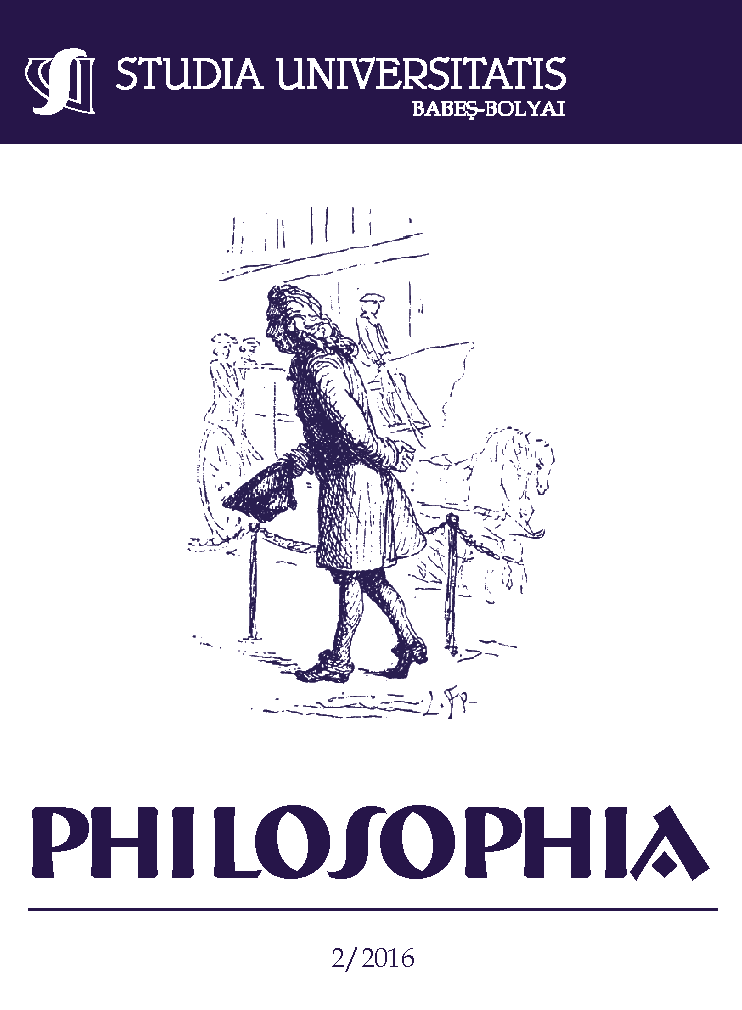QUAND LES ENFANTS DEVIENNENT PARENTS. ASPECTS PSYCHO-SOCIAUX, MÉDICAUX ET ETHIQUES LIES À LA MATERNITÉ PARMI LES ADOLESCENTES TUNISIENNES
Keywords:
adolescence, pregnancy, ethics, TunisiaAbstract
When Children Become Parents. Psychosocial Aspects, Medical and Ethical Issues Related to Motherhood among Tunisian Teenagers. Teenage pregnancy is a wide spread phenomenon in the World. Pregnant during adolescence has a lot of consequences related to psychological, medical, social, legal and ethical aspects. Comparing to other countries, Tunisia has lower rates in teenage pregnancy. Demographical policies doubled by contraception programs and the legacy of termination of pregnancies lead to a decreasing number of children and also a higher number of pregnancies among teenagers. The paper is presenting psychological, social, legal and ethical problems related to teenage pregnancy in Tunisia.
RÉSUMÉ. Le phénomène des mères mineures est un problème mondial. Les conséquences d’une grossesse à l’adolescence sont diverses: psychosomatiques, légales et éthiques. Les naissances parmi les adolescentes sont moins fréquentes en Tunisie comparativement à d’autres pays. Obligatoires, les politiques démographiques successives de planning familiale allant de la contraception à la légalisation de l’avortement encouragé par la multiplication des centres de soins et la gratuité des actes médicaux; la réglementation de l’âge du mariage ont permis la diminution de la natalité et surtout des grossesses avancées chez les jeunes filles non mariées. L’article présente les aspects psychologiques, sociaux, légaux et éthiques liées à la grossesse pendant l’adolescence parmi les mineures tunisiennes.
Mots clés: adolescence, grossesse, éthique, Tunisie
References
COOK, S. M., & CAMERON, S. T. (2015). Social issues of teenage pregnancy. Obstetrics, Gynaecology & Reproductive Medicine, 25(9), 243-248.
GANCHIMEG, T., OTA, E., MORISAKI, N., LAOPAIBOON, M., LUMBIGANON, P., ZHANG, J., ... & VOGEL, J. P. (2014). Pregnancy and childbirth outcomes among adolescent mothers: a World Health Organization multicountry study. BJOG: An International Journal of Obstetrics & Gynaecology, 121(s1), 40-48.
GASTINEAU, B. (2012). Transition de la fécondité, développement et droits des femmes en Tunisie. Les Cahiers d’EMAM. Études sur le Monde Arabe et la Méditerranée, (21), 75-94.
IMAMURA, M., TUCKER, J., HANNAFORD, P., DA SILVA, M. O., ASTIN, M., WYNESS, L & TEMMERMAN, M. (2007). Factors associated with teenage pregnancy in the European Union countries: a systematic review. The European journal of public health, 17(6), 630-636.
LE BRIS, A. (2009). La maternité interdite: être mère sans être épouse en Tunisie. Entre déni et «normification». Recherches féministes, 22(2), 39-57.
MADKOUR, A. S., HARVILLE, E. W., & XIE, Y. (2014). Neighborhood disadvantage, racial concentration and the birth weight of infants born to adolescent mothers. Maternal and child health journal, 18(3), 663-671.
SEINCE, N., PHARISIEN, I., & UZAN, M. (2008). Grossesse et accouchement des adolescentes. Obstétrique.
SUKHATO, K., WONGRATHANANDHA, C., THAKKINSTIAN, A., DELLOW, A., HORSUWANSAK, P., & ANOTHAISINTAWEE, T. (2015). Efficacy of additional psychosocial intervention in reducing low birth weight and preterm birth in teenage pregnancy: A systematic review and meta-analysis. Journal of adolescence, 44, 106-116.
UZAN, M., SEINCE, N., & PHARISIEN, I. (2004). Teenage pregnancy, 233-241
VOLLMER, L. R., & VAN DER SPUY, Z. M. (2016). Contraception usage and timing of pregnancy among pregnant teenagers in Cape Town, South Africa. International Journal of Gynecology & Obstetrics.
WHITAKER, R., HENDRY, M., ASLAM, R., BOOTH, A., CARTER, B., CHARLES, J. M., ... & PASTERFIELD, D. (2016). Intervention Now to Eliminate Repeat Unintended Pregnancy in Teenagers (INTERUPT): a systematic review of intervention effectiveness and cost-effectiveness, and qualitative and realist synthesis of implementation factors and user engagement. Health technology assessment (Winchester, England), 20(16), 1-214.
WORLD BANK (2014). Adolescent fertility rate in Tunisia. http://data.worldbank.org/indicator/SP.ADO.TFRT Retrived at 20.03.2015.
WORLD HEALTH ORGANIZATION. (2012). Health systems strengthening in countries of the Eastern Mediterranean Region: challenges, priorities and options for future action.
WORLD HEALTH ORGANIZATION (2014). Adolescent pregnancy. http://www.who.int/mediacentre/factsheets/fs364/en/ Retrived at 21.04.2015.
Downloads
Published
How to Cite
Issue
Section
License
Copyright (c) 2016 Studia Universitatis Babeș-Bolyai Philosophia

This work is licensed under a Creative Commons Attribution-NonCommercial-NoDerivatives 4.0 International License.





